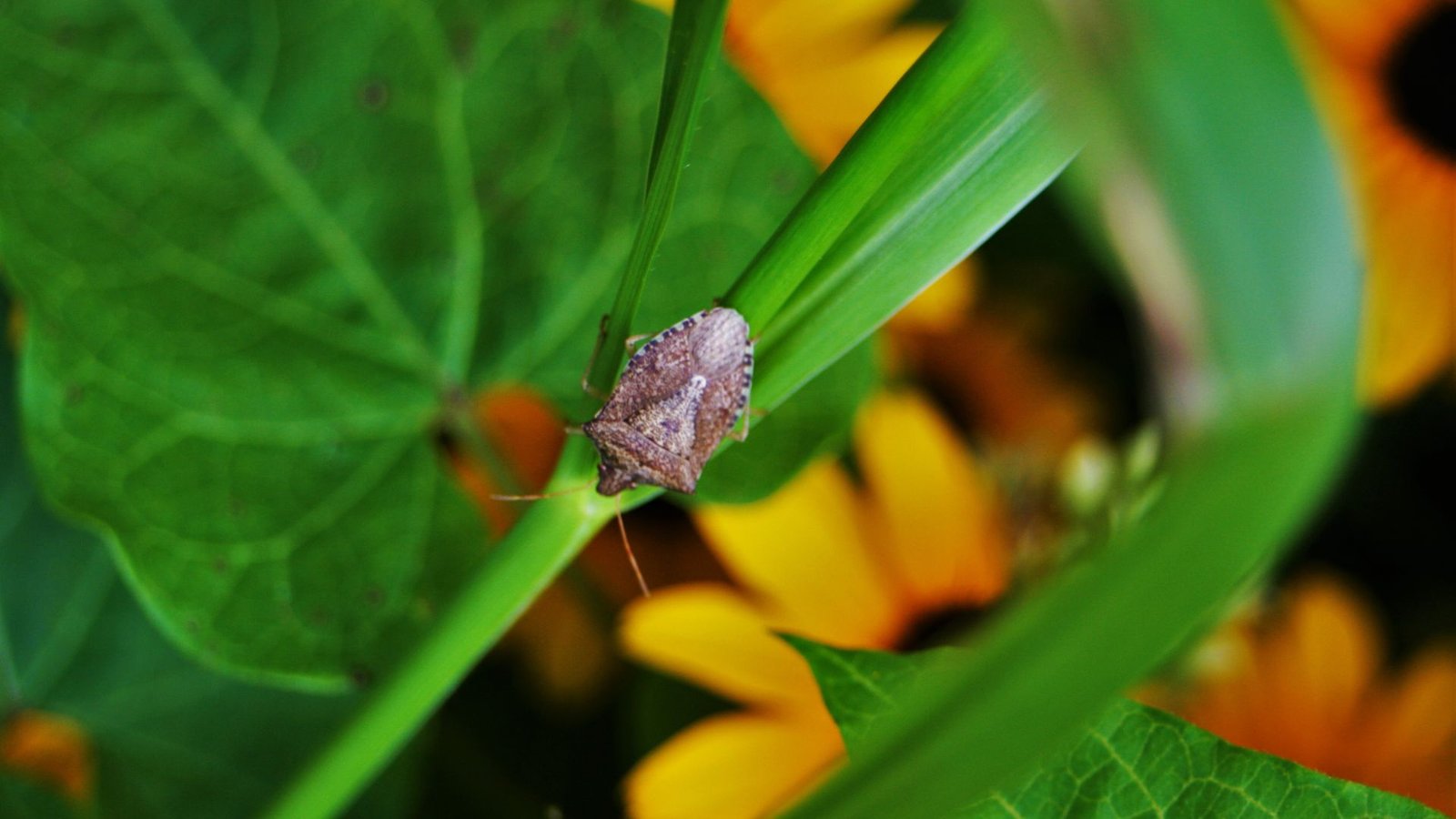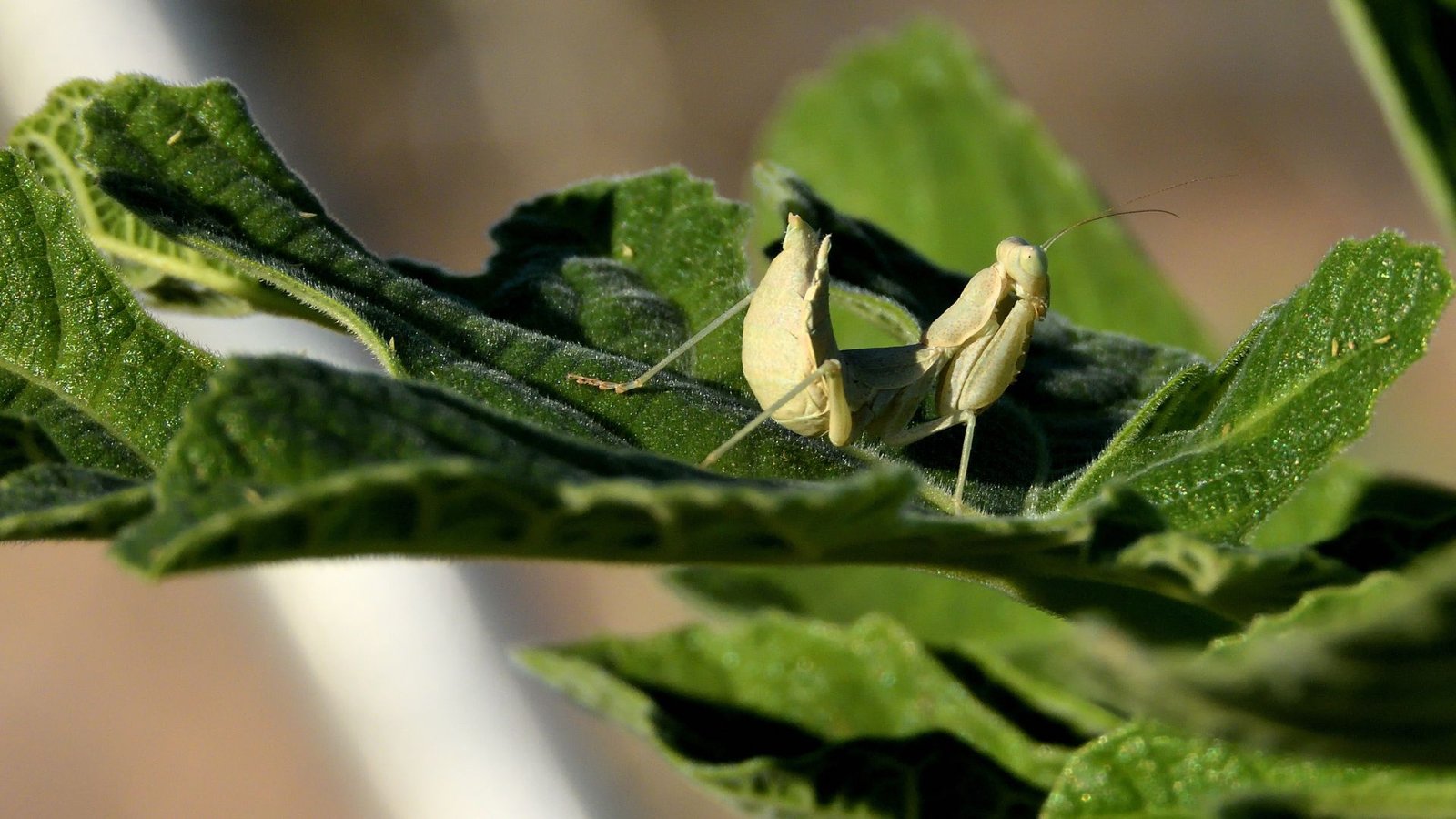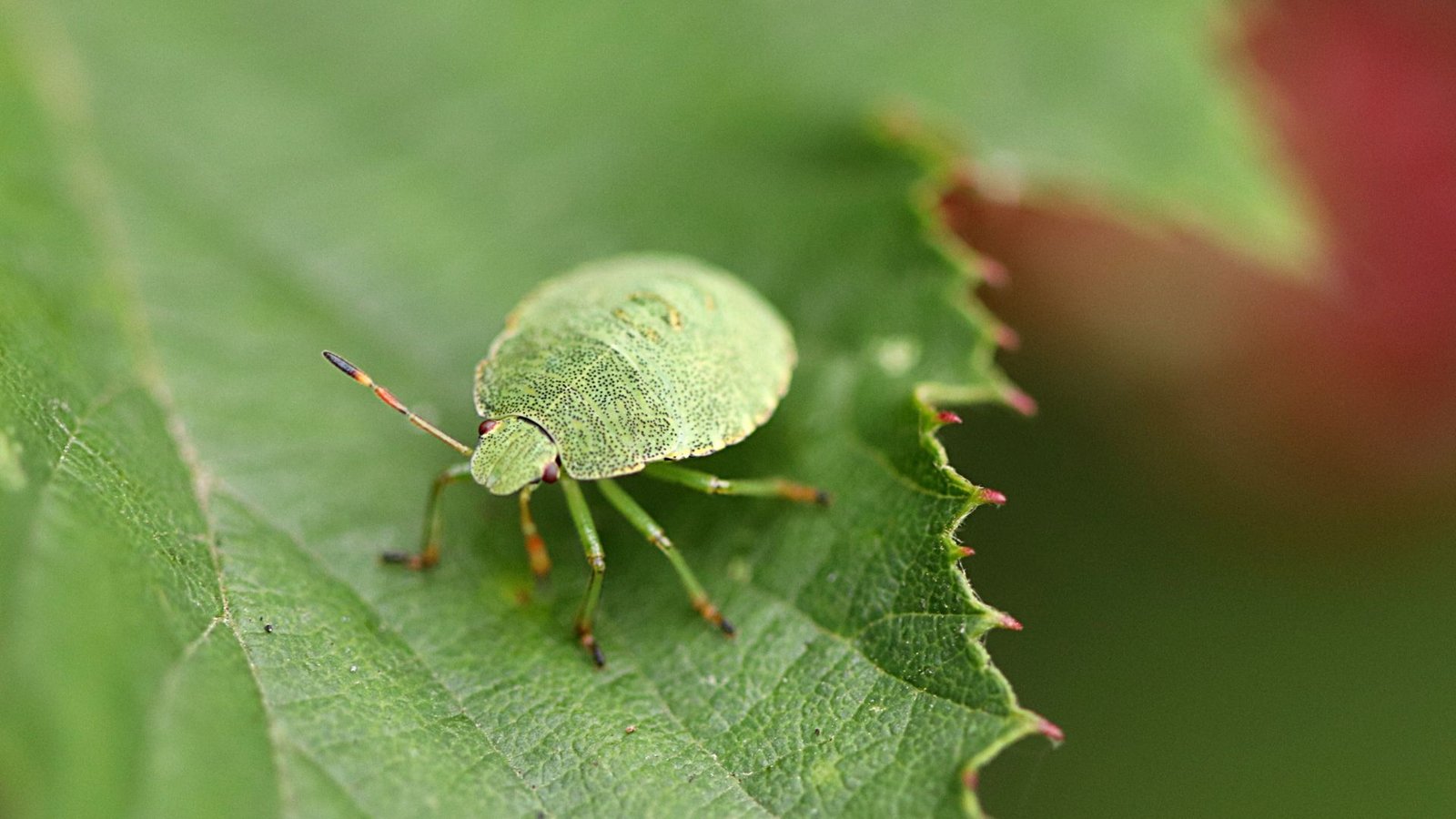Tiny plant sap sucker soft-bodied insect often overlooked but pose a significant threat to the health of your garden. The soft-bodied insects are very destructive, feasting on the essential nutrients found in your plants. By piercing plant tissues through their piercings and releasing vital sap which is crucial for the life and growth of your plant. This process could result in leaf damage caused by insects, such as the discoloration, wilting, and decreased growth.
Identification of these pests that feed on sap is vital to prevent more serious destruction. Whether it’s aphid infestations or spider mites, these pests are capable of weakening your plants and making them vulnerable to diseases. In this article, we’ll explore how to protect your plants from these pesky invaders.
Understanding Sap-Suckers and Their Impact on Plants
Sap-suckers are soft-bodied insects which primarily consume sap from plants. They cut the plant’s tissues through their mouthparts which look like needles, and collect sap, which is loaded with vital nutrients. The process of feeding could cause damage to the plant’s ability to develop healthy beautiful foliage, flowers and lush foliage. If sap is removed, plants may begin to turn yellow, weaken or show decreased growth. If left unchecked, a sap-sucker problem can seriously affect the health of plants.
One of the major risks posed by sap-feeding insects is the fact that they are phytopathogens. While they feed, they may transmit pathogens that are harmful to plants, making it more difficult to fight off infections.. This means that even a minor infestation can lead to more serious issues down the line, including the loss of crops or ornamental plants. Tiny plant sap sucker soft-bodied insect please read this article
Common Types of Sap-Suckers Affecting Your Plants
There are various types of soft-bodied insects that attack plants. This includes aphids, spider mites, mealybugs as well as squash bugs. Each has their particular method of causing damage however, they all are able to puncture the plant’s tissues and feed off the sap. Let’s look deeper into the most commonly found garden bugs.

Aphids are perhaps the most common sap-sucking insects. They come in many colors, including green, yellow, and black, and they tend to gather in large groups on the undersides of leaves. The food they eat can cause leaves to wiggle and become yellow, which eventually leads to stress on the plant and diseases. Spider mites on the contrary, are not noticeable to an untrained observer, however they leave behind webs of damaged plant tissue and. Mealybugs are another cause generally appearing as small cotton-like white masses on plants. Thrips can cause silver streaks of leaves when they sucking out sap. Additionally, squash bugs are particularly damaging for the squash family plants.
How to Identify Sap-Suckers on Your Plants
The early detection of sap-suckers is vital to avoid causing severe damage. Many sap-suckers have visible signs which you can search for. If you observe damage to the leaves from pests, for example curving, yellowing or wilting it’s an indication that a pest is present. In certain instances there is also sap loss in plants. This may appear in the form of sticky patches or drops of honeydew forming on leaves. Tiny plant sap sucker soft-bodied insect are very bad for plants .
To identify these pests, check the undersides of leaves where many invasive pests like aphids hide. You may also spot webbing on your plants, a clear sign of a spider mite infestation. Mealybugs identification is easier as they look like little white fuzzy clusters. If you see pest-infested crops in your garden, it’s essential to act quickly to prevent them from spreading.
How to Get Rid of Sap-Suckers Naturally
Utilizing natural methods to control pests can be a fantastic option to deal with sap-sucking insects, without causing harm to the natural environment. A highly efficient and safe method is using neem oil spray. Neem oil can be used to kill insects and disrupt their feeding habits, which makes it a fantastic option to control pests using organic methods. You can also create your own homemade pest control solution by mixing liquid dish soap or castile soap in water. Spray the mixture onto the areas affected to kill the sap-feeding pests.

Another natural remedy is introducing beneficial insects in gardens. Ladybugs are particularly effective, as they can consume thousands of aphids in a single lifetime. Introducing these helpful insects into your garden can help reduce pest populations without the need for harmful chemicals. If you have a houseplant pest infestation, ladybugs can also be a good solution, though they may need to be purchased from a local nursery.
Spider Mites: The Tiny Yet Destructive Threat
Spider mites are a different sap-sucker that could cause significant destruction to plants. The tiny, soft-bodied insects can be difficult to identify however they do leave visible damage. Since they feed on leaf tissue they cause them to appear yellowed, speckled, or silvered. In the case of large-scale populations, the control of spider mites is essential to avoid further harm to the leaves.
The best method of tackling spider mites is to use the oil of neem or insecticidal soap sprays which kill the pests and stop them from feeding. Also, introducing natural predators such as ladybugs can assist in controlling the population of spider mites that invade your garden. Organic gardening methods are extremely efficient when it comes to controlling spider mites as well as other pests that are invasive.
Squash Bugs: How to Protect Your Vegetable Plants
Squash bugs are a threat primarily to the squash and melon family of plants, such as pumpkins and cucumbers. These pests are easily identifiable due to their flat, hard bodies and the distinctive holes they leave behind in the leaves. When dealing with squash bug management, regular monitoring of your crops is essential. If you notice any signs of infestation, such as leaf damage from pests, it’s time to act.
To get rid of squash bugs, make use of a high-pressure nozzle to control pests to spray the insects from the plants. Additionally, you can make use of organic solutions such as insecticidal soaps to get rid of the insects. Regular maintenance of the garden like getting rid of fallen leaves and keeping the garden beds well-weeded will also aid in the fight against garden pests.
Effective DIY Solutions to Control Sap-Suckers
If you’re experiencing sap-sucker problems there are many DIY solutions to control pests that you could try. As an example mixing one spoon of liquid soap and 32 ounces water will result in an effective insecticide soap spray that can be utilized to kill sap-feeding insects upon contact. If you are experiencing a severe infestation you might want to apply neem oil spray or an alternative organic insecticide to ensure all pests are eradicated.
Another option is to employ the high-pressure hose to clean the insects off plants. A powerful water stream will eliminate a variety of soft-bodied bugs like spider mites and aphids without harming the plant. This is a quick and natural method of dealing with the pests that invade your garden.
When to Call the Professionals: Pest Control Services for Extreme Infestations
In some cases, despite all efforts, the pests inside plants can become invading. If your DIY methods for controlling pests aren’t working anymore, it’s time to consult with experts. Pest control experts are able to assess the situation and implement effective methods to eliminate pests, such as the use of targeted insecticides and natural pest controls.
Professional pest control experts can assist in identifying the root causes of infestations, and offer advice regarding the management of plant health to stop any future outbreaks. If you own an outdoor garden that produces high-value crops or if pests are causing a lot of damage, professional assistance could be the ideal solution.
Conclusion: Protect Your Plants from Sap-Suckers
In the end, sap-suckers pose a regular, but serious threat for your gardens. Being aware of them in the early stages and using natural remedies to combat pests can keep your plants safe and help them thrive. No matter if you’re using neem oil introducing pest-controlling insects into your gardens or just ensuring the health of your plants there are a variety of ways to control the pests without resorting to harmful chemicals. If you’re vigilant and use organic insecticides, you will be able to ensure your garden is free of the destructive effects of sap suckers and enjoy a lush and healthy garden.
Be aware that regular surveillance, early intervention and the right care are essential in controlling pests that invade your garden and prevent the spread of invading pests. By taking action quickly to prevent your plants from becoming a problem, you’ll ensure they remain vigorous, healthy and free from the harmful impacts of sap-sucker damages.



